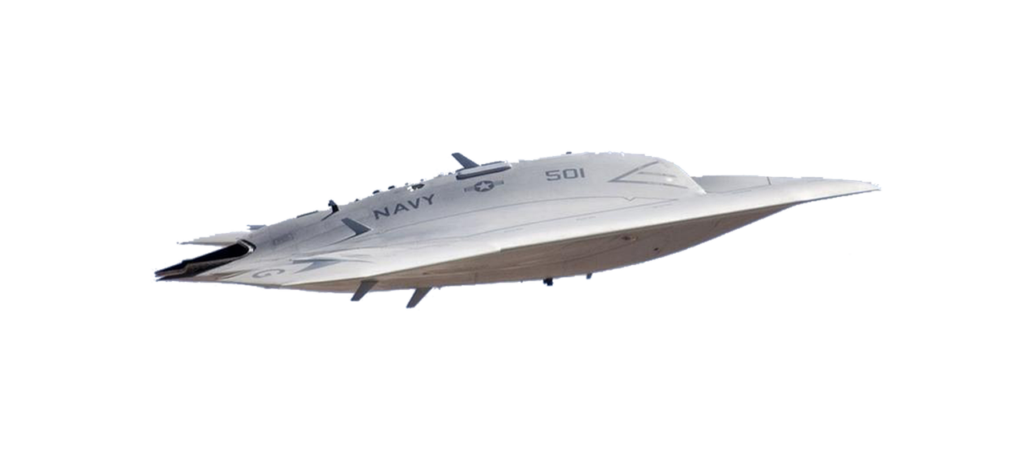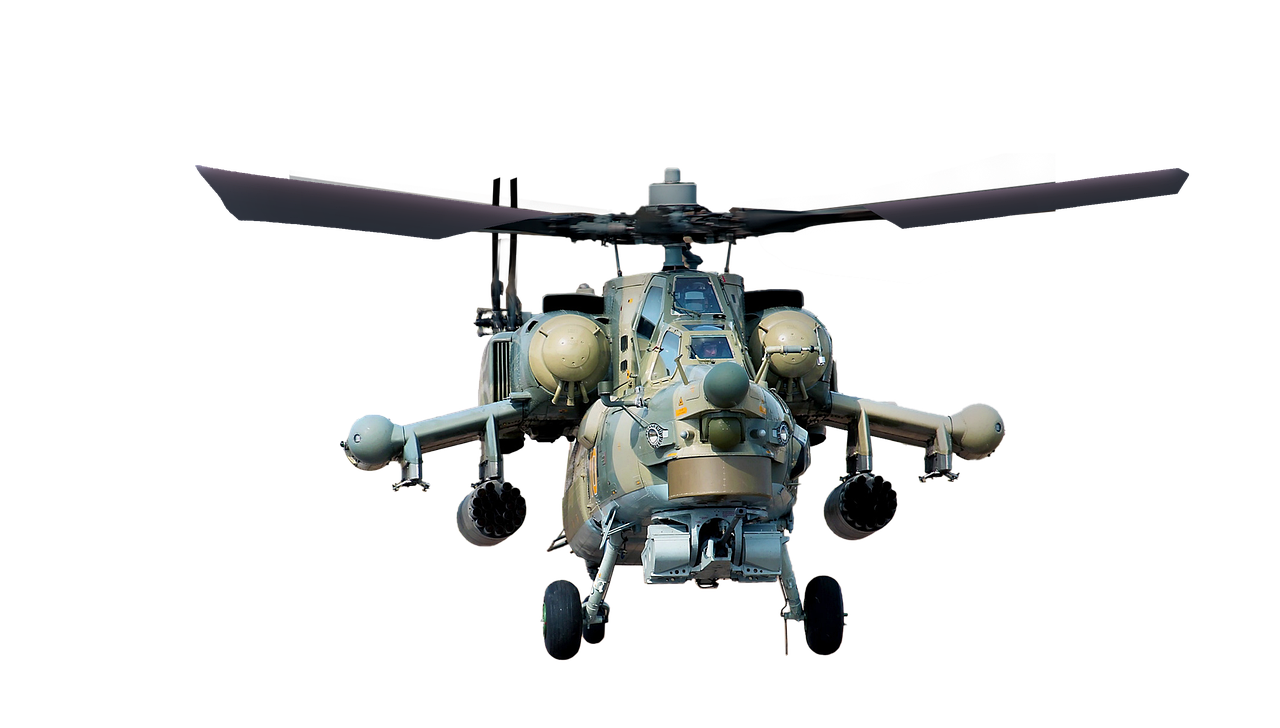Revolutionizing Agriculture: The Rise of Drone Sprayers
Introduction
In recent years, technology has dramatically transformed various sectors, and agriculture is no exception. One of the most significant innovations in this field is the advent of drone sprayers. These unmanned aerial vehicles (UAVs) have revolutionized how farmers manage their crops, offering unprecedented efficiency and precision in the application of pesticides, fertilizers, and herbicides. This article explores the benefits, challenges, and future potential of drone sprayers in modern agriculture.
The Evolution of Drone Sprayers
Drone sprayers represent a significant leap from traditional agricultural practices. Historically, crop spraying involved labor-intensive methods, including manual spraying and the use of large, cumbersome machinery. These methods often led to uneven application and wasted resources. The introduction of drone sprayers has transformed this process by integrating advanced technology to optimize spraying operations.

Advantages of Drone Sprayers
1. Precision and Efficiency
One of the primary benefits of drone sprayers is their ability to apply chemicals with pinpoint accuracy. Equipped with advanced GPS and mapping technologies, drones can follow precise flight paths and adjust application rates based on real-time data. This precision minimizes the risk of over-application and reduces chemical waste, leading to cost savings and environmental benefits.
2. Time and Labor Savings
Drone sprayers greatly minimize the time and labor involved in crop spraying.
Traditional methods can be time-consuming and physically demanding, often requiring multiple passes over fields and extensive manual labor. Drones, on the other hand, can cover large areas quickly and autonomously, allowing farmers to focus on other critical tasks.
3. Enhanced Safety
Agricultural spraying often involves handling hazardous chemicals, posing risks to human health. Drone sprayers minimize direct contact with these substances by automating the application process. This reduces the risk of exposure for farm workers and helps to ensure a safer working environment.
4. Access to Difficult Terrain
Drones excel in reaching areas that are challenging for traditional machinery. Steep slopes, uneven terrain, and waterlogged fields can be difficult or even dangerous to navigate with conventional sprayers. Drones can effortlessly cover these areas, ensuring uniform treatment across the entire field.
Challenges and Considerations
1. Regulatory and Compliance Issues
The use of drone sprayers is subject to various regulations and compliance requirements, which can vary by region. Farmers must adhere to guidelines related to drone operation, chemical application, and environmental protection. Navigating these regulations can be complex and may require additional training and certification.
2. Initial Investment and Costs
While drone sprayers offer numerous benefits, the initial investment can be substantial. High-quality drones equipped with advanced spraying systems can be expensive, and ongoing maintenance costs must also be considered. Farmers must weigh these costs against the potential savings and efficiency gains to determine if drone sprayers are a viable option for their operations.
3. Technical Challenges
Drone technology is continually evolving, but technical issues can still arise. Ensuring reliable communication between the drone and its operator, managing battery life, and maintaining the drone’s spraying system are crucial for successful operations. Farmers must invest in proper training and support to address these technical challenges effectively.
The Future of Drone Sprayers
The future of drone sprayers in agriculture looks promising, with ongoing advancements in technology and increasing adoption rates. Innovations such as improved battery life, enhanced sensors, and integration with artificial intelligence (AI) are expected to further enhance the capabilities of drone sprayers. As technology continues to evolve, drone sprayers will likely become even more efficient, cost-effective, and accessible to farmers around the world.
Conclusion
Drone sprayers are transforming modern agriculture by offering precision, efficiency, and safety in crop management. While challenges such as regulatory compliance and initial costs exist, the benefits of drone technology are significant. As the industry progresses, drone sprayers will play an increasingly vital role in sustainable and effective agricultural practices, shaping the future of farming.

